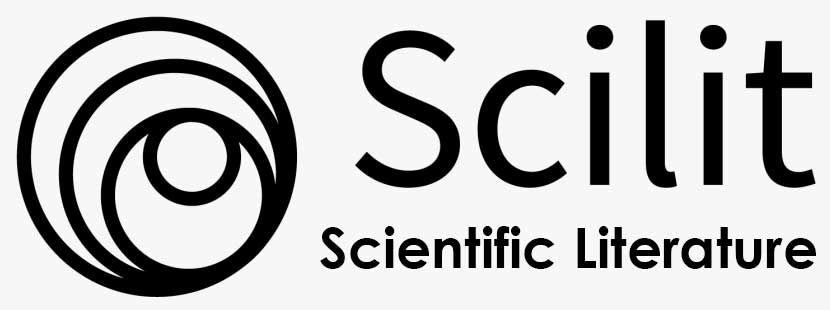Designing Community Sustainable Development Through Language and Tourism Awareness in Kota Wisata Batu
DOI:
https://doi.org/10.21776/ub.ijleg.2016.002.01.9Abstract
Tourism is one of the largest and fastest growing economic sectors in the world and has a considerable role to play in delivering sustainable development in many countries. Over the last fifty years, tourism has become one of the largest economic sectors globally, accounting for some 9% of the world’s GDP and over 200 million jobs. Tourist movements towards developing and least developed countries are growing faster than in the developed world, accounting now for almost 50% of total international tourist arrivals. Many developing countries do have assets of enormous value to the tourism sector, such as culture, art, landscape, wildlife, and climate. They are very well positioned to develop tourism as a key sector contributing to economic growth. The development of tourism in Indonesia has given significant contribution toward national economic growth. These dynamics have turned tourism into a key driver for socio-‎economic progress. Tourism is one of the many external forces influencing the direction and options for local sustainable development. One of the interesting phenomena is focusing on the concept of Local Tourism Village: a village exploring the local tourism potentials and culture in Kota Wisata Batu (KWB), East Java, Indonesia. This research offers a design or model of Local Tourism Village which is equipped with the awareness of tourism and also language to enrich local human resources. This is in line with sustainable development to simultaneously achieve three objectives, namely: (1) to increase local social welfare; (2) to get greater and more equitably distributed local economic wealth; and (3) to enhance the integrity of local ecosystems (UN Conference on Environment and Development). The design is based on the analysis of local tourism potentials, the analysis of human resources to promote tourisms, and the need survey of English as an international language to support tourism promotions. This model requires the joint of local government, society, and education practitioners to establish autonomous learning condition. The model works on giving training on English for Tourisms presented on a module and practiced in series of tourism activities.
Keywords: Local tourism village, Sustainable development, English for Tourisms, Kota Wisata Batu
References
Brandes, D. and P. Ginnis. 1986. A Guide to Student Centered Learning. Oxford: Blackwell.
Budiawan. 2008. Pengaruh Language Attitude dan Motivasi Belajar Bahasa Terhadap Prestasi Pada Mata Pelajaran Bahasa Indonesia dan Bahasa Inggris Siswa Se SMa Bandar Lampung. Unpublished Thesis. Fakultas Ilmu Budaya Universitas Indonesia.
Dick, W. & I. Carey.1990. The Systematic Design of Instruction, 3rd ed. USA: Harper Collins.
Lea, S. J., D. Stephenson, and J. Troy. 2003. Higher Education Students’ Attitudes to Student
Centered Learning: Beyond ‘educational bulimia’. Studies in Higher Education 28(3), 321–334.
Creswell, J. W., Plano Clark, V. L., Gutmann, M. L., & Hanson, W. E. 2003. Advanced mixed methods research designs. In A. Tashakkori & C. Teddlie (Eds.), Handbook of mixed methods in social and behavioral research (pp. 209–240). Thousand Oaks, CA: Sage.
Creswell, J. W., Plano Clark, V. L., Gutmann, M. L., & Hanson, W. E. 2003. An Expanded
Typology for Classifying Mixed Methods Research Into Designs. Thousand Oaks, CA: Sage.
Manurung, Konder. 2002. Maximizing the use of language learning strategies in self-access centres. La Trobe University-Victoria. Unpublished Ph.D. thesis.
McCombs, B. L., & Miller, L. 2007. Learner-centered classroom practices and assessments: Maximizing student motivation, learning, and achievement. Thousand Oaks, CA: Corwin Press.
Saville-Troike. 2006. Social Contexts of Second Language Acquisition. In Introducing Second Language Acquisition (pp. 99-132). Cambridge UK: Cambridge University Press
Sheerin, Susan. 1989. Self-access Resource book for teachers. Oxford: OUP.
Sastrayuda G. 2010. Konsep Pemberdayaan Masyarakat Berbasis Pariwisata. Concept Resort and Lisure, Strategi Pengembangan dan Pengelolaan Resort and Leisure.
_______. Pengertian Kelompok Tourism Awareness. http:// kariswisatasemarang. blogspot.com /2014/04/kelompok-sadar-wisata-pengertian.html
_______. 2005. Making Tourism More Sustainable - A Guide for Policy Makers, UNEP, and UNWTO p.11-12



















